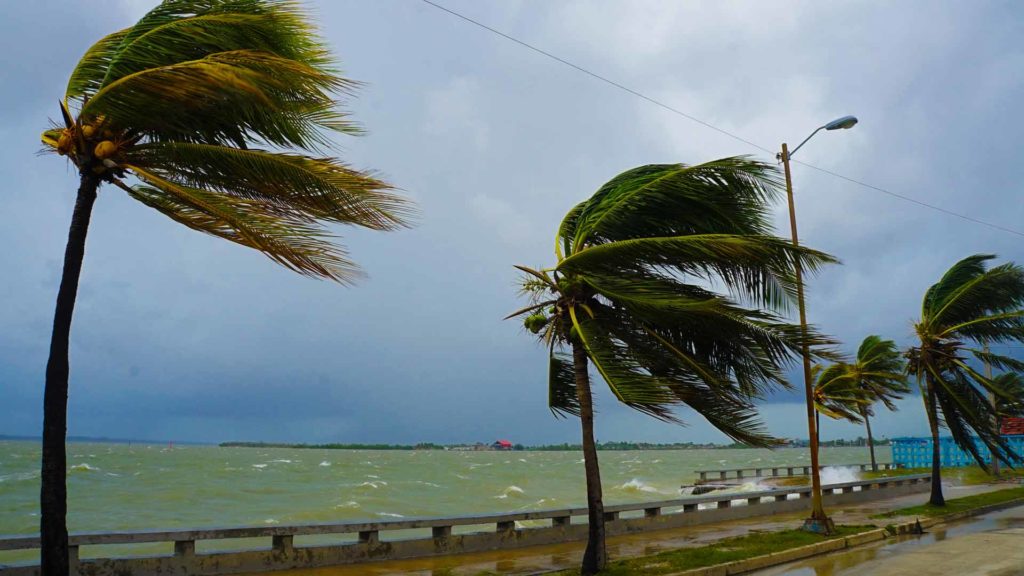In the wake of Hurricane Charley, Frances and Ivan, we need to rethink our preparedness for hurricane and other major emergencies. Associations, local governments, management companies, sub-contractors, suppliers and other professionals related to community associations, need to realize that whatever plans that we had in place for emergencies was inadequate. This is especially true for multiple storms and/or slow-moving storms that cause destruction in large areas that will overload the resources of the public and private sectors in terms of preparedness and post-storm clean-up.
Within days of the passing of Hurricane Frances, we saw many associations that sustained roof, structural, common area and landscape damages. For the most part, associations were not prepared for damages and most are not prepared for the resultant costs that now accompany the post-storm clean-up.
Due to the lack of budgeting for emergency funds and storm clean-up funds, many associations will now have to resort to emergency special assessments, deplete any savings that may be on hand or borrow from banks to help accomplish the clean-up and repairs.
If the damage to your association was covered under your Windstorm Policy, most associations do not have the funds and/or made provisions to have the funds to make up the 2% Windstorm Deductible. These funds will also have to be made up in some fashion that was not budgeted.
Recently, the National Weather Service predicted that we have entered into a period of “Above Normal Hurricane Activity.” If this is true, and it seems to be, we need to begin to make preparations and provisions for this future heightened activity in terms of planning and budgeting. In most cases, this will require increases in future maintenance assessments and reserve funding.
It may make sense to hire structural engineers to evaluate and survey your buildings and common elements and make recommendations concerning their ability to withstand various strength hurricanes. Are there items and elements that can be changed, altered or retrofitted to strengthen your building and structures? Have the engineer recommend and evaluate these items and then act upon them, as they may help to lessen any future damages and expenses.
To begin preparing, we need to educate our Membership on the realistic costs on the planning for, actual preparation of a storm and then for the cost of the post-storm clean-up. Begin including in your operating budgets or your reserves for the following items:
- Pre storm labor
- Pre storm tree trimming
- Post storm labor
- Post storm tree trimming & removal
- Storm repairs
- Repair and replacement items not covered under the “deductible”
- If the above is not included in the Operating Budget, then establishing Reserves for these items.
We recommend that associations have reserves for these items. After the reserve is in place, if we have a season without a hurricane, the reserve would not have to be funded until they were used. Whereas, if these items are included in the operating portion of the budget, they need to be included year after year. What happens if the funds are not expended? Will this create a surplus that needs to be returned to the owners? By this method, you have defeated the purpose of saving for an emergency and having the funds available immediately.
After Hurricane Frances many associations have been unable to get contractors to respond to their needs quickly. Should an association have emergency equipment, chain saws available and supplies on hand to protect their residents and common elements, etc.? Prior to the hurricane season, should the association have contractors “on staff” or “on retainer” in order to ensure that they will show up and respond quickly in the preparation of a storm and in the aftermath of a hurricane? This list of contractors would include roofers, electricians, plumbers, landscapers, tree trimmers, HVAC, irrigation and labor. Other contractors might include screen, railing and gutter contractors, pool, glass, sign, awning companies, elevator, generator and pump contractors. When hiring or considering a contractor or professional consultant for your association, it might be wise to inquire about their emergency preparedness plans. Do these contractors have the resources and labor to handle a situation like Frances? If they will not be able to respond to or be available prior to a storm, or after the storm how can help you’re your association? At least choose the contractor that also has a plan in place to respond to your needs.
Finally, if associations are unable to or are unwilling to budget for these expenses, then at least set up a Line-Of-Credit with your bank, that could be used in case of an emergency. In this way you can respond quickly to an emergency without having a special assessment that is not only time consuming, but at that point-in-time, difficult for many to fund. Have credit cards for Home Depot or Lowes available for supplies and materials for immediate repairs. Have accounts set up with labor companies, whereby you can call for day labor and pay later. Prepare for the worst and hope for the best. But overall, be prepared as well as possible.
We need to begin to prepare, plan and save for emergencies, especially for future heightened hurricane activity or be prepared to suffer the consequences and costs of being complacent. We all know now what we have to do in the future, it is the right thing to do in order to secure our homes, protect our investments and our way of life without too many disruptions.
